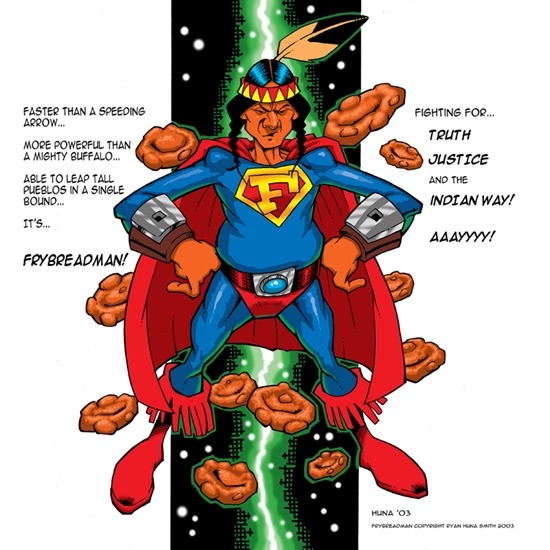The Northern California Indian Development Council has begun planning for the 29th Annual Elders Dinner and Inter-Tribal Gathering. The event is to be held from 10 AM-7 PM on Saturday November 13, 2010 at Redwood Acres Fairgrounds in Eureka, CA. The Inter-Tribal Gathering is one way of sharing the cultures of the various California Indians with the broader community.
The main features of the gathering are the Salmon and Turkey dinner served from Noon to 4 PM and a traditional gift giving ceremony to all Honored Elders in attendance, regardless of race. This year's event features demonstrations of traditional Tribal dances throughout the day from the Hupa, Karuk, Tolowa and Yurok Tribes. Special performances by the CA traditional dancers will round out the event. There is no charge for entrance to the Gathering and the dinner is free to all Elders (age 55 & over). For those under 55, a nominal fee for a dinner ticket is requested.
Native communities have long respected the gift of Elders and enjoy this time to show them how much they are appreciated. Community support is being sought this year to once again ensure the success of this gathering. Numerous volunteers are needed to help serve and prepare approximately 1500 meals and to provide assistance in set up, hosting and clean up before and after the Gathering.
We are looking to collaborate with existing groups/clubs to fulfill mutual goals: ours being a successful Gathering and yours the successful completion of community service hours. Working with pre-established groups better enables proper communication and fun for all. Individuals are always welcome!
Dedicated volunteers are needed in the following areas:
November 12: 10 AM-5 PM
Pantry stocking
Cleaning of floors and benches
Chair and table set up and decoration
Food preparation (chopping, mixing, etc.)
November 13: 8 AM-8 PM
Recycling team
Experienced food servers
Gate & Ribbon Attendants
Experienced kitchen workers
Janitorial services, trash, restroom maintenance
Runners to deliver food between various cooking areas
*Evening cleaning crew for tables and chairs (7-8 PM)
November 14: 11 AM-5 PM
General clean up
Table and chair tear down and loading into truck
Trash removal and other janitorial duties as needed
For more information, to donate or volunteer, please contact Lou Moerner at
lou@ncidc.org
